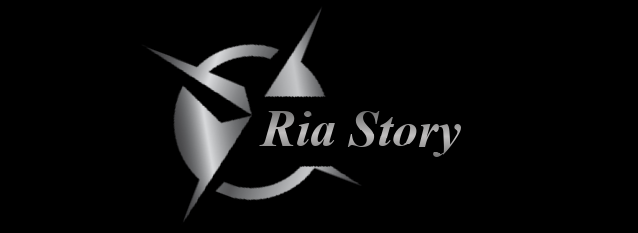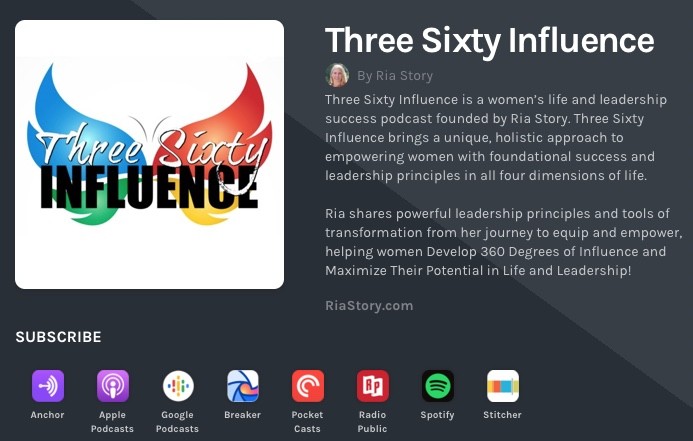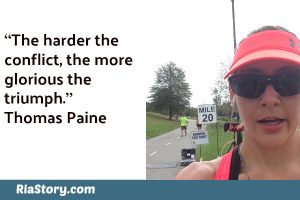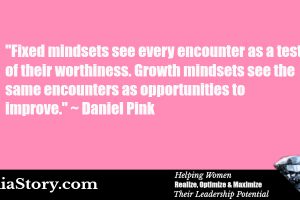I am connected with thousands of people via social media and spend a large part of my day interacting with those people, posting motivational content for their benefit, and answering messages from them. One lady reached out to me recently. I’ll call her “Jane.” I’ve been connected with Jane for about a year and we’ve talked on the phone but never met.
Jane enrolled in a personal growth program and part of the program is seeking out a mentor for regular and intentional mentorship sessions. I was honored she considered our interactions valuable enough that she reached out and asked me if I would be able to mentor her twice a month over the phone.
I asked for details and specifics about what would be involved and what the time commitment was. She told me it would be regular sessions twice a month via phone, for about a year. I thanked her for considering me but shared with her how my plate is as full as I want it to be with the activities I have chosen based on my values and long term/short term goals. Overloading the plate would only decrease either the amount of time or the quality of time I have available for my writing, speaking, classes, clients, and other commitments. It wouldn’t be a bad thing to mentor “Jane” but it wouldn’t be the best use of my time and talents considering my mission, goals, and values. I can spend time mentoring her twice a month or I can use that time to record a podcast episode and reach many more people. Both activities are good, but one is a more effective use of my resources considering what I want to accomplish.
The key is saying yes to the right things and no to everything else. Remember, your choices today will determine your results tomorrow.
If spending time with the children is a core value for you, choose to schedule it into your week first. Work late or quality time with the children? Only you can decide which activity is most important.
Honor those commitments you have already made, but start to become very selective about the commitments you make in the future. I very rarely say yes to anything on the spot anymore. I ask to get back with the person by the next day if possible. That way, I can consider the commitment carefully without feeling pressured, and it’s much easier to say no with a gracious smile when I remember what else I could be doing with that time instead.
To say no to something, we have to have a bigger yes. Then, we are equipped to carefully weigh the cost of time involved and make a decision based on that, rather than a misguided social pressure to say yes simply because someone asked. We might not be the best person to take that task on anyway.
What you say yes to defines your life.
We are all familiar with the concept of budgeting our money. Yet, we often fail to budget our time. And then, we wonder why it seems to have evaporated. Be intentional about identifying what’s truly important to you. Then, say yes only to the things aligned with your vision and mission. Fill your calendar, schedule, and your life based on your priorities. Then, say yes to those things. If your priority is to be a better parent, say yes to things that allow you to become a better mom or dad. If your priority is to become a better team leader, say yes to growth and development opportunities in that area. If you value becoming a leader in your church, say yes to opportunities that help you develop influence with church members.
If you want to maximize your potential, you have to accept the responsibility for managing your time and energy well.
If what you say yes to defines your life, what you say no to defines your legacy. You cannot do everything. Once you have determined what you will say yes to, learn to say no to everything else. Telling people no gracefully isn’t easy. However, people will respect that you have priorities and aren’t willing to compromise them. Saying yes to everything will derail your life. Saying no creates the space to say yes.
I regularly evaluate my commitments and calendar and find it incredibly freeing when I need to remember why I want to say “no” sometimes. Spend some time reflecting on these three key questions:
· What activities are you currently doing that you want to stop doing? Why?
· What activities are you currently doing that you want to continue doing? Why?
· What activities are you NOT doing that you want/need to start doing? Why?
Like what you read? Click here to listen to Ria’s podcast episode on this topic!



